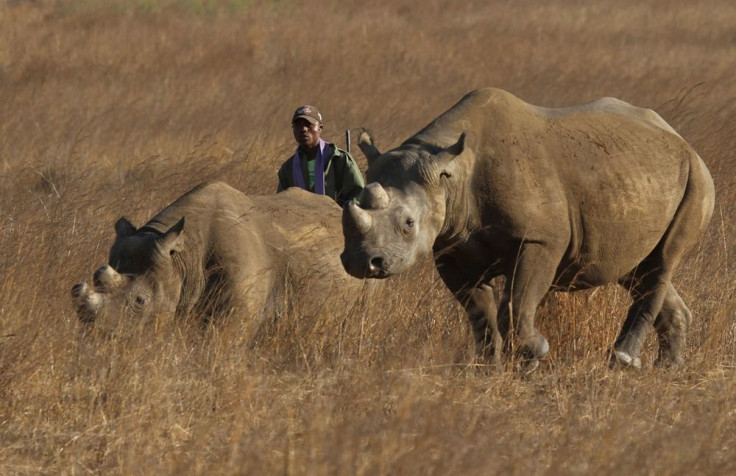Kenya Intensifies Fight Against Poaching With New Forensics Laboratory

Kenya Wildlife Service, or KWS, now intensifies the fight against wildlife crimes by opening a new forensics and genetics laboratory on May 8. This laboratory will be used to gather evidence to prosecute poachers and put a stop to the growing wildlife crimes.
Forty-five researchers will work in the lab extracting DNA samples from wild animals. The analysis of data from animal DNA samples should then provide concrete evidence against poachers in court cases. The lab will also work on research projects on wildlife genetics and diagnosing diseases.
The new laboratory in Kenya is the second of its kind, with the first one erected in South Africa, as reported in BBC News. The entire east and central African region can use this lab as well.
According to KWS director general William Kiprono in a news report by United Press International, the laboratory should provide a link between illegal hunters and the confiscated animal ivory. KWS admits that prosecutions and convictions involving wildlife crimes are “rare” and this is because of the lack of evidence to pin down the criminals.
Wildlife crimes are mostly “mismanaged” by Kenyan courts as concluded in a 2014 study performed by Wildlife Direct. Standard Digital Media reports that only four percent of criminals charged with wildlife crimes ended up in jail. To date, Kenya’s most prominent wildlife crime case was that of the suspected organised crime boss Feisal Mohammed Ali who was arrested in Tanzania on December 2014.
Ivory demands from Asia fuels illegal hunting activities in Kenya. According to a Standard Digital Media report, studies found that Mombasa port in Kenya serves as the exit point for smugglers.
Around 100 rhinoceros in Kenya have been killed for their horns for the past three years. KWS thinks that if there are no interventions done, rhinos could become extinct from Kenya.
To report problems or leave feedback on this article, email: wendylemeric@gmail.com.




















